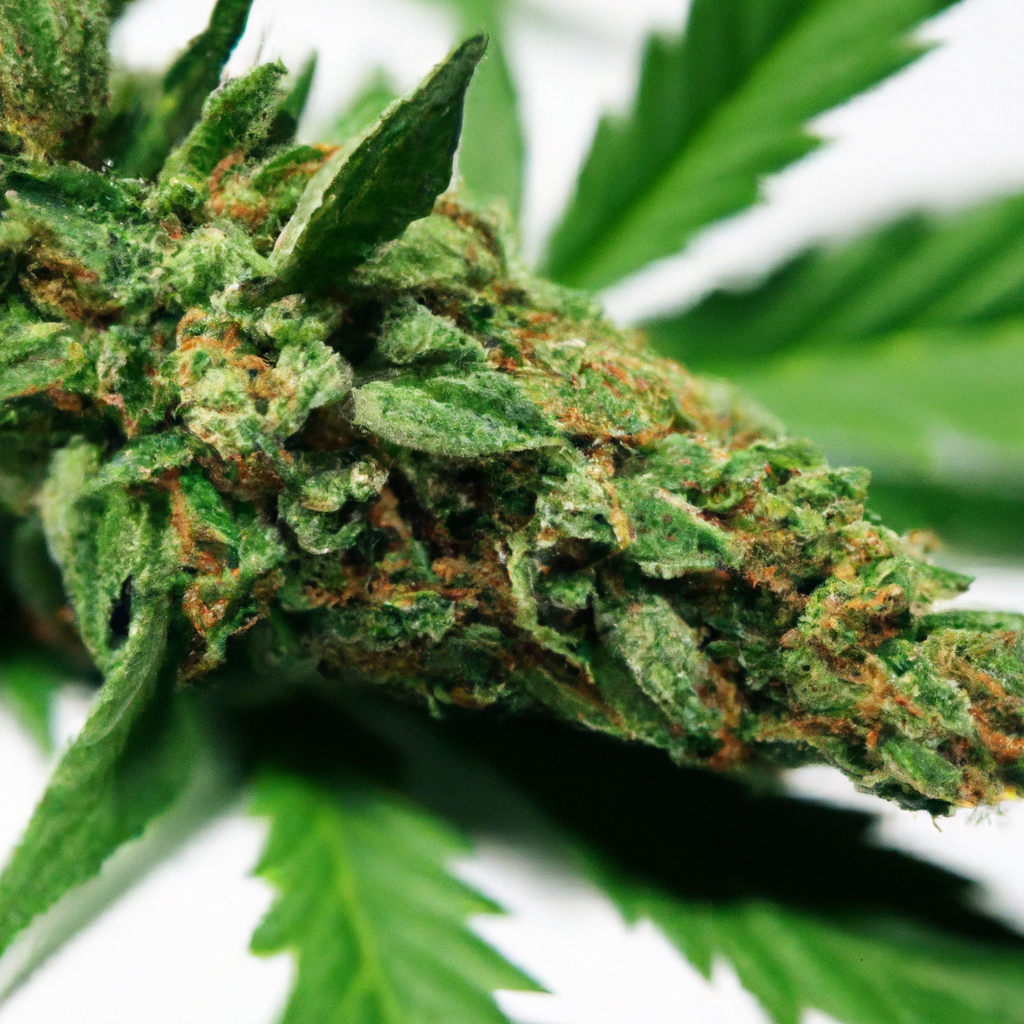Inflammation is a natural response of the body to injury or infection, often manifesting as pain, swelling, and redness. However, when inflammation becomes chronic, it can lead to a host of health problems including arthritis, autoimmune diseases, and more. Enter cannabis, an age-old plant now being recognized for its potential in managing inflammation naturally.
The Science of Cannabinoids
Cannabis is comprised of over 400 chemical entities, among which cannabinoids are the primary agents known for their therapeutic effects. Two of the most studied cannabinoids, THC (tetrahydrocannabinol) and CBD (cannabidiol), exhibit potent anti-inflammatory properties. These cannabinoids interact with the body’s endocannabinoid system (ECS), which plays a crucial role in regulating immune response and inflammation.
THC: The Anti-Inflammatory Powerhouse
- Receptor Interaction: THC binds primarily with CB1 receptors in the brain but also with CB2 receptors found in immune cells, influencing the body’s inflammatory responses.
- Potent Effects: While THC is often associated with psychoactive effects, it also reduces the production of cytokines and chemokines, which are responsible for promoting inflammation in diseases like rheumatoid arthritis.
CBD: Non-Psychoactive Relief
- Receptor Modulation: Unlike THC, CBD does not bind directly to CB1 and CB2 receptors. Instead, it modulates receptor sites and influences ECS indirectly, leading to reduced inflammation and pain without psychoactive effects.
- Oxidative Stress Reduction: CBD is known for its antioxidant properties, which help reduce oxidative stress—a contributor to chronic inflammation and disease progression.
How to Incorporate Cannabis for Inflammation
Tinctures and Oils
Tinctures and oils provide a flexible dosing option. Start with a low dose, and gradually increase until the desired effects are achieved. This method allows for precise control over cannabinoid intake and is non-invasive.
Topicals
For localized inflammation, topicals infused with cannabis can provide relief directly at the source without systemic effects. Apply as needed to areas affected by pain or swelling.
Edibles
Edibles offer long-lasting effects ideal for chronic conditions, though they require careful dosing due to delayed onset of action. Start with small doses and wait to assess effects before taking more.
Consulting with Health Professionals
Before starting any cannabis regimen, it’s crucial to consult with a healthcare provider, especially for individuals with underlying health conditions or those already taking prescribed medications. Professional guidance ensures safe and effective use tailored to individual health needs.
In conclusion, cannabis offers promising avenues for managing inflammation while providing a natural alternative to traditional pharmaceuticals. As research progresses, the nuanced understanding of cannabinoids continues to enrich our approach to healing.
Tags: Medicinal Benefits, Education Insights, Beginner’s Guide


Leave a Reply